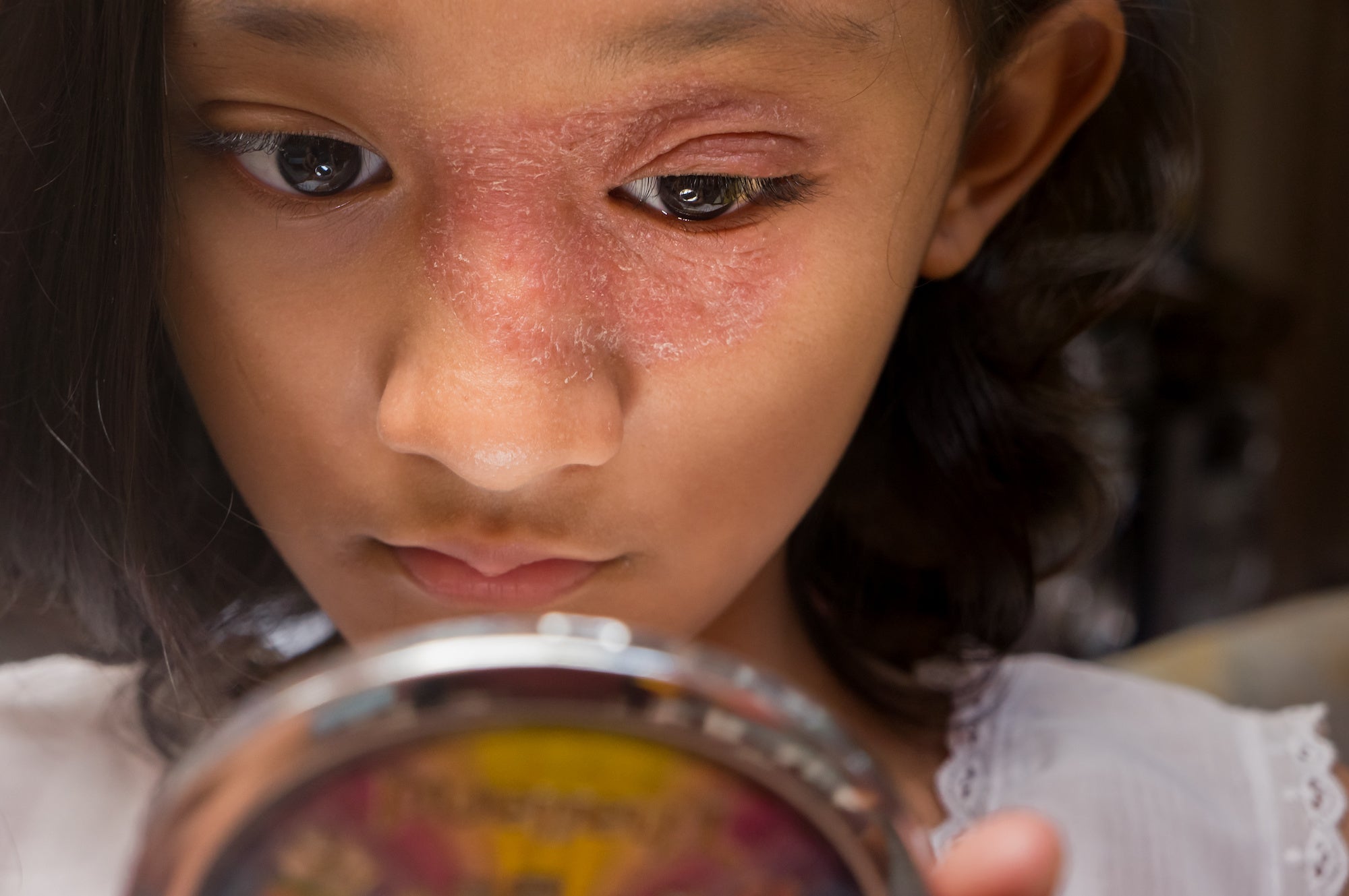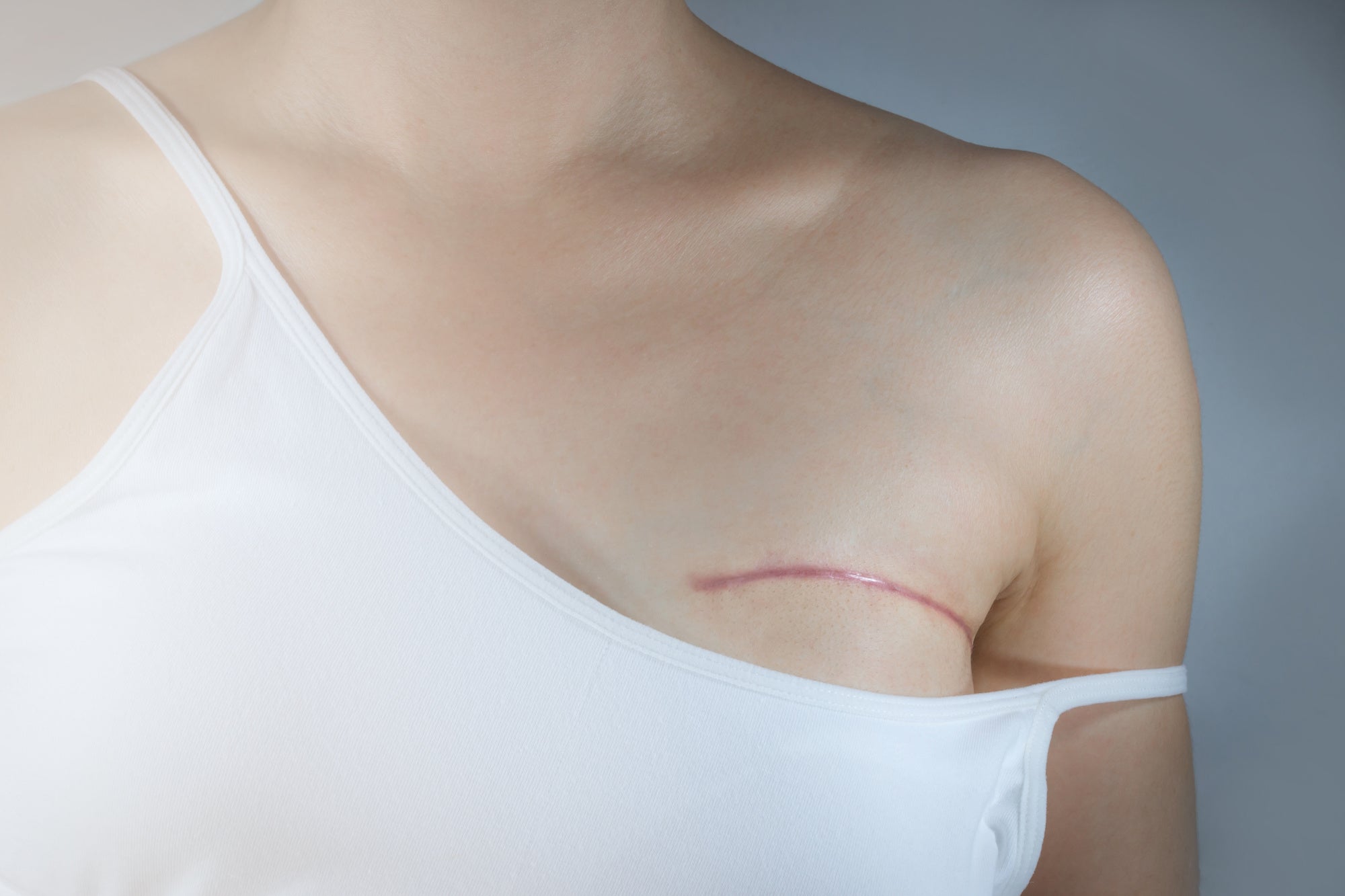
Getting Under the Skin | The Link Between Skin Conditions and Childhood Bullying
Living with a skin condition can be hard at any age, but perhaps even more difficult as a child trying to fit in with their peers. Children and teens with skin differences are susceptible to not only their own confidence issues but also being targeted by bullying.
One in five school-aged children experience bullying secondary to their skin condition, according to the National Eczema Association (NEA). Additionally, a survey conducted by the National Psoriasis Foundation (NPF) found that 44% of children have been bullied by their peers, and 38% of children reported that the abuse was a direct result of their skin disease.
Some of the skin conditions that have been associated with bullying according to the Dermatology Learning Network are, "AD, psoriasis, alopecia areata, acne, scleroderma, congenital nevi, vitiligo, and vascular anomalies.”
The effects of childhood bullying are vast. In a large observational study, pediatric patients with psoriasis had about 25% to 30% increased risk of depression and anxiety. With child and teen suicide on the rise, it is important to shed light on this issue.
So what can we do to help the children and teens in our communities that are being made fun of by their peers? Early screening of children who are experiencing bullying can help prevent the harm done. Parents can be the first line of defense, paying attention to red flags that may suggest their child has been bullied. If your child is showing physical symptoms of anxiety and depression or a change in mood or behavior, it is a good idea to ask questions and offer support.
Dermatologists who treat young people can also be a great resource to look for signs of bullying in their patients and educating parents about the risks.
If you think your child may have an issue with bullying there are many resources available. Refer to the table below for some contacts to reach out to. You may want to have your child be seen by a pediatric psychologist or another mental health provider. Work with your child's care system including school counselors and social workers to create a safe environment for your child at school.



发表评论
此站点受 hCaptcha 保护,并且 hCaptcha 隐私政策和服务条款适用。